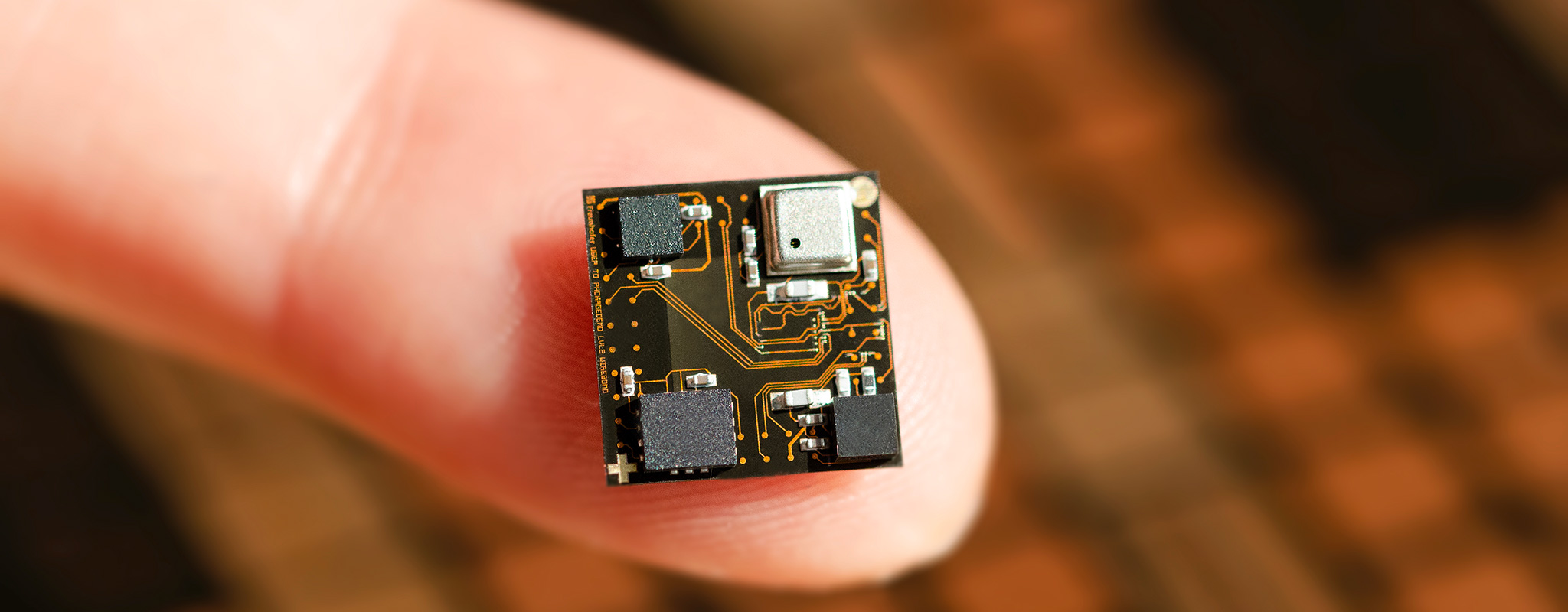USeP enables SMEs to offer their customers customizable IoT and edge computing solutions
The rapid pace of technological development in the field of microelectronics poses considerable challenges for small and medium-system providers in particular. The time and costs involved in the development and manufacturing of electronics for the Internet of Things (IoT) or edge computing continue to increase. Especially powerful, energy-saving and highly integrated solutions are needed that cannot be achieved with standard semiconductors. To be able to offer customers such solutions calls for an approach that is profitable even for small system providers.
To this end, the USeP – universal sensor platform – project team has joined forces with three Fraunhofer Institutes in Saxony and Globalfoundries Dresden to work on a flexibly configurable 3D sensor platform in modular format. They are being supported by colleagues in Berlin, Erlangen and Garching.
This novel sensor platform consists of a central control unit and a powerful computing cluster with nine 32-bit RISC-V processors that can be individually configured for the respective application. It also has a large number of analog and digital interfaces for numerous sensors and actuators. Globalfoundries’ 22FDX® 22 nm fully depleted SOI has been selected as the platform’s semiconductor technology.
The project partners bring their expertise in innovative packaging to the table, plus know-how in concept development, system design, processors, sensor technology and data transmission as well as simulation and testing. Flexible housing technology along with the adapted design environment allow for individual application scenarios, enabling the integrated 3D system to be produced cost-effectively and flexibly adapted to application-specific requirements.
The USeP project is supported by the Free State of Saxony and the European Union as part of the European Regional Development Fund (ERDF). Responsibility for managing the project lies with the IIS’s Engineering of Adaptive Systems division EAS in Dresden.
